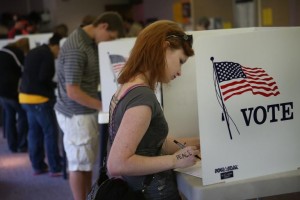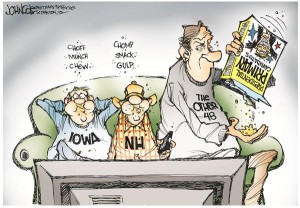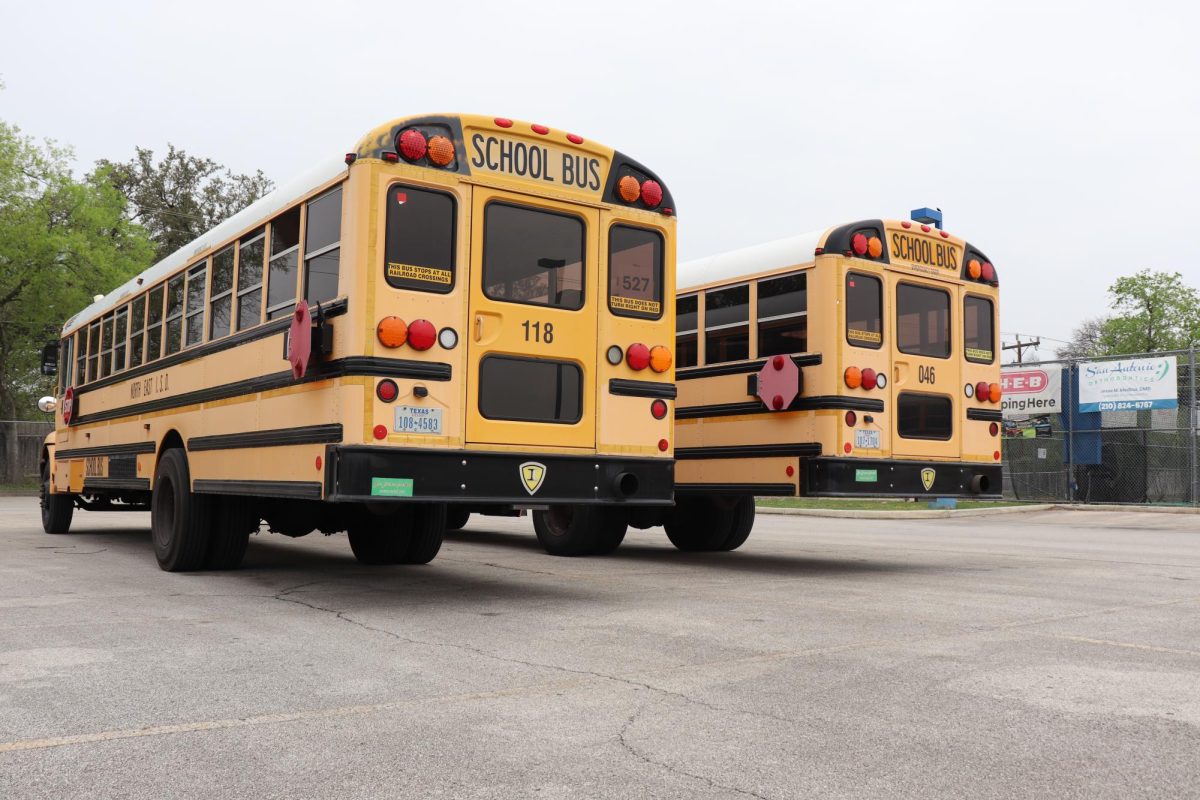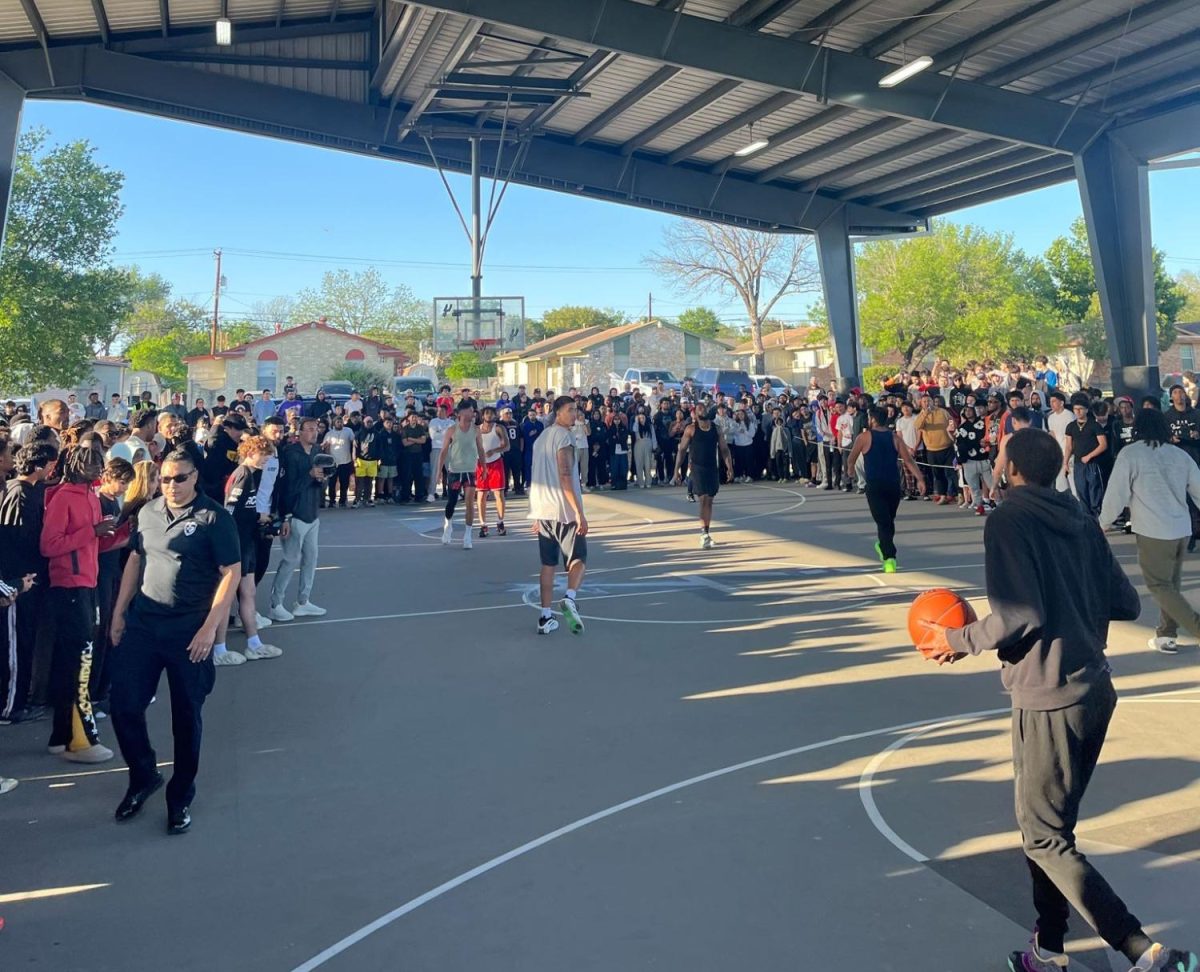New Hampshire voters take to the polls this Tuesday to cast their votes for the primaries, a vital event in the presidential election. Primaries may not seem so important since they aren’t the final step in the election process, but they’re actually quite a big influence, considering they decide who exactly moves on to the national election.
The [New Hampshire primaries] are the second primary right after the Iowa caucuses so they’re going to be important in deciding who has a front-running lead in the election,” senior Brett Glasscock said.

While the primaries are held state-by-state, it’s important to consider that the decisions made by early voting states will affect voters’ decisions later on. They may have to choose another candidate if their top choice drops out by the time they get the opportunity to vote in their own primaries.
“Each one of these primaries helps to weed out the people at the edges and bring up the people in the center,” junior Amber Thompson said.
The presidential hopefuls follow these primaries, since they’ll be the deciding factor in whether or not they must suspend their campaign or move on until the very end. If a candidate isn’t gaining traction through early voting, there are higher chances that they will never gain traction.
“The [candidates] are getting early voting so they need to know who’s ahead of who and how they can tailor their campaigns to better accommodate for future voters,” Glasscock said.

There exists a snowball effect in the primaries, those who gain traction early on are usually destined to keep that lead further down the line. Specifically in the Iowa caucuses, no candidate that scored below third has ever gone on to win the general election. Getting a lead early on is vital, despite the fact that it seems so far away from the resulting general election.
“We can’t start caring about the election on Election Day,” Glasscock said. “We have to start looking at the early polling and if our favorite candidate whoever the person we want isn’t doing as well, we should try and make sure that in the future [primaries] they do better and actually get the help they need to be elected in the future.”
As seen on February 1, the day of the Iowa caucuses, they signified the first step in a long process of electing the next president. Media scoured through the town for weeks interviewing anybody that could talk, getting their insight on the candidates. New Hampshire is next on their list, despite the tiny population, the fact remains that they’re an early voting state.
New Hampshire is one of the more significant election dates before Super Tuesday which brings many southern states to the polls. With such a close race on both sides, their vote could decide who Texas votes on come March.



















